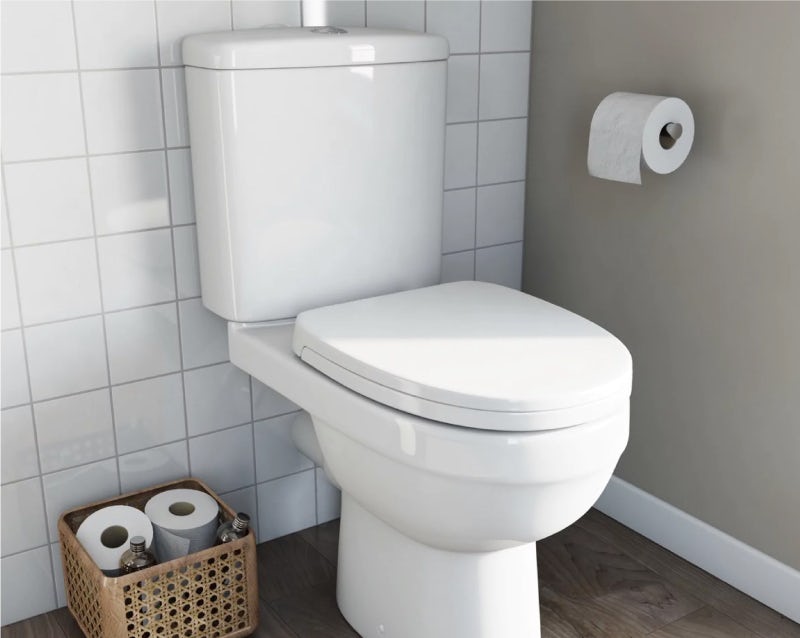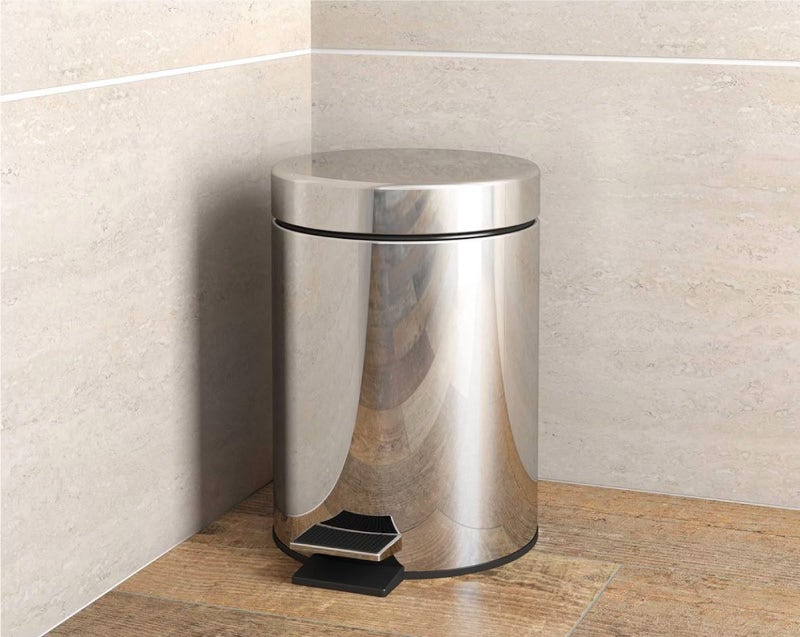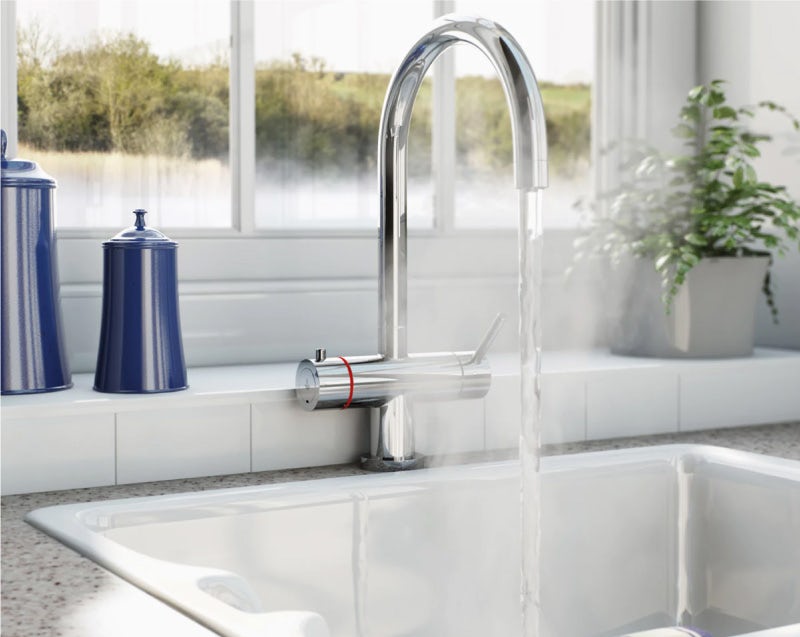
In recent years, much has been made of the issues with blocked drains, sewers and the infamous “fatberg”, so we take the plunge and discover how you can keep your drains blockage free.
A blocked drain can put a real downer on your day, yet it is easily preventable. In this article, we’ll examine the most common causes of blocked pipes and drains, discover more about fatbergs and show you what you can do to prevent blockages occurring.
How do pipes and drains get blocked?
In most cases, pipes, drains and sewers become blocked due to unsuitable items being flushed down toilets or poured down the kitchen sink. Cooking by-products like oils and fat are some of the most common culprits, along with wet wipes and sanitary products which still find their way into sewer systems. In fact, in the Thames Water area alone, around 75,000 blockages need to be attended to every single year.
Most water pipes around your property are just 100mm wide, meaning they can get blocked relatively easily if unsuitable elements are added to it. Oil and fat can congeal into a solid mass, which is incredibly hard to get rid of, whilst sanitary products and wet wipes simply add to the problems.
Remember, only the 3 Ps can go down your toilet: Pee, poo and paper
Why is it important to keep drains free from blockages?
The effects of a blocked pipe or drain are, in most instances, immediately obvious. The first signs of a blockage will usually be a slow draining basin, although this could be simply due to plumbing in and around your bathroom or kitchen.
Handy hint: Find out how to replace a basin waste.
In a worst-case scenario, a blockage could lead to sewage backing up and contaminating your home. However, there are other, unseen effects that blocked drains can cause, not least to wildlife and the environment.
Meet the “fatberg”
Something that has grabbed massive attention and garnered a lot of publicity in recent years is the fatberg phenomenon. Not least, when a 130 tonne fatberg was discovered beneath the streets of East London back in 2017. A year later, some of the remnants of the fatberg were displayed at the Museum of London.
Formed from a clump of solid matter, fatbergs can be found in our sewers and consist of oil, fat, wet wipes, sanitary pads and any other items which may have been flushed down the toilet or washed down the plug hole.
With more and more unsuitable waste entering the drains, the fatberg problem may get bigger and bigger.
What can you do to help?
Preventing blockages in the bathroom
Doing your bit in the bathroom is as simple as remembering the 3 Ps: Pee, poo and paper. Only these 3 things should ever go down your toilet.
Wet wipes, being one of the most common causes of blocked drains, should never be flushed, unless the official “Fine to Flush” badge is displayed on the packaging. However, if you’re still unsure, it’s always best to dispose of wipes in your bin.
Instead of buying wet wipes, why not make your own reusable bathroom wipes? You can find out how to do this in our handy video below.
Sanitary products are often flushed down the toilet. Their compact size and discreet nature make them appear suitable for this purpose, however, once in the sewage system, they simply don’t break down and can lead to blockages. Always dispose of sanitary products in a bin. It’s best to keep a small bin in your bathroom for such items.
With wet wipes and sanitary products, make sure you bin it, don’t flush it
Preventing blockages in the kitchen
As mentioned, fat and oil poured down your kitchen sink waste can contribute to drain blockages and add to fatbergs.
The best thing to do is to allow any cooking fat or oil to cool down in a separate container. Once it has solidified, you can then scoop it away into the bin.
Food particles can often make their way down the plug hole when washing up, sticking to fat and adding to blockages. Make sure you scrape all food into a bin or, better still, a compost bin.
Don’t use your kitchen sink to dispose of fat, oil or food
What can go down the toilet?
- Liquid human waste
- Solid human waste
- Toilet tissue/paper
What can’t go down the toilet?
- Wet wipes
- Sanitary products
- Contraceptives
- Anything else not covered above
Discover more eco-friendly bathroom ideas
At Victoria Plum, we understand the need for a bathroom that uses less water and energy, which is why you’ll discover plenty of eco-friendly bathroom ideas. Click on any of the links below to find out more:








